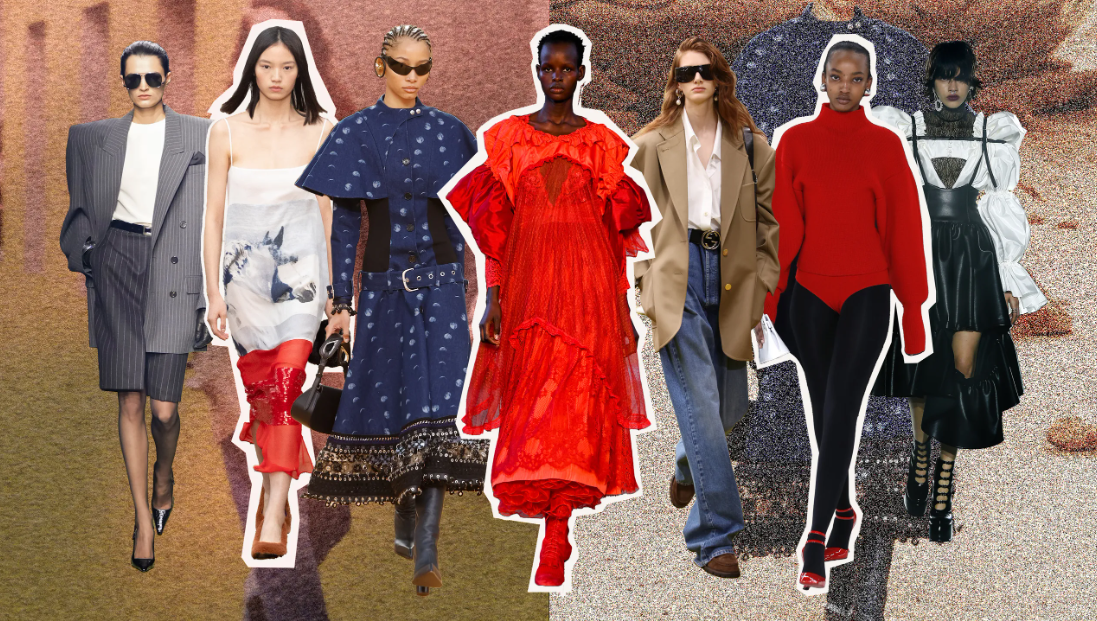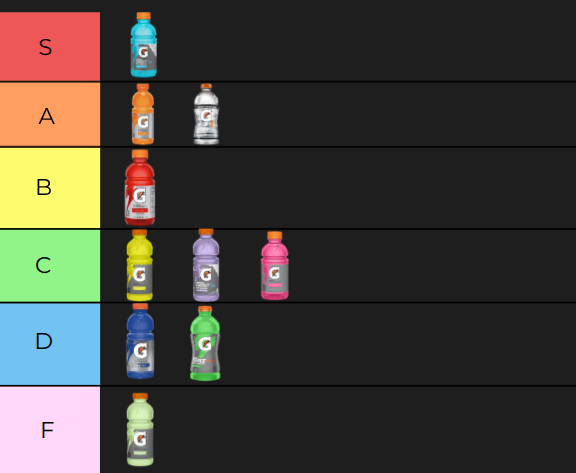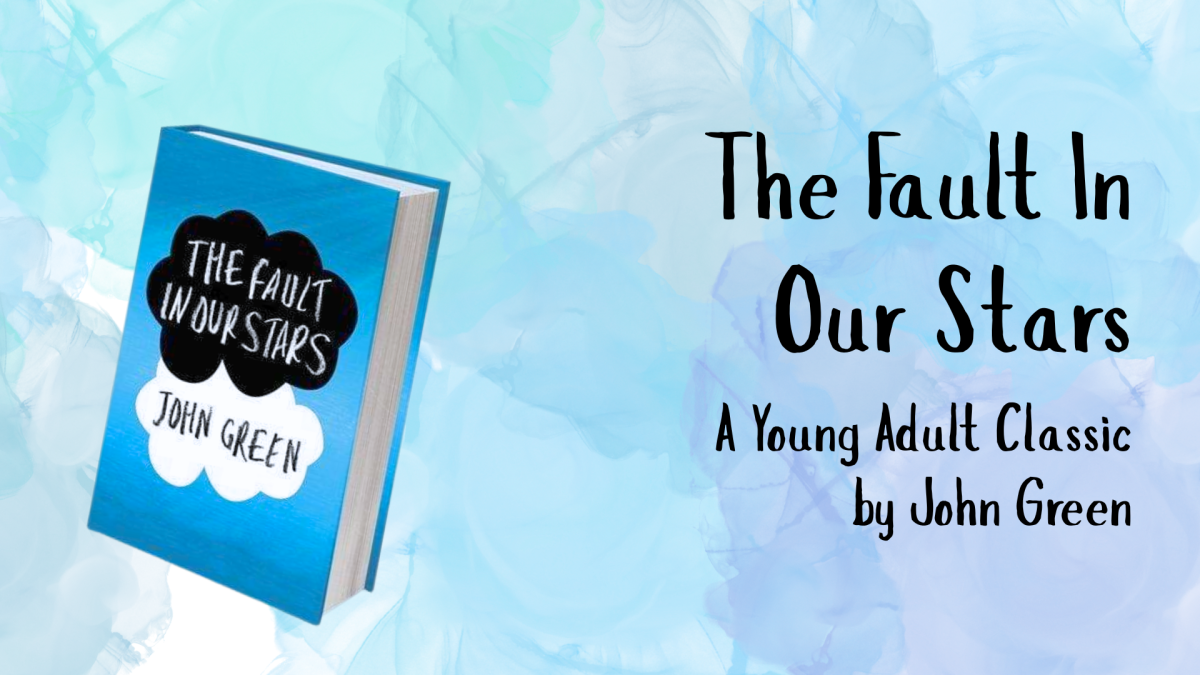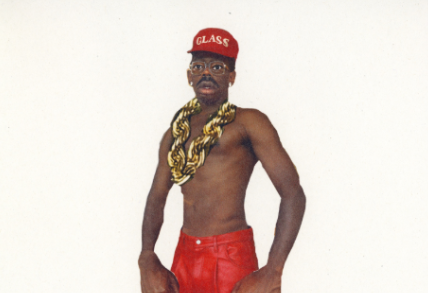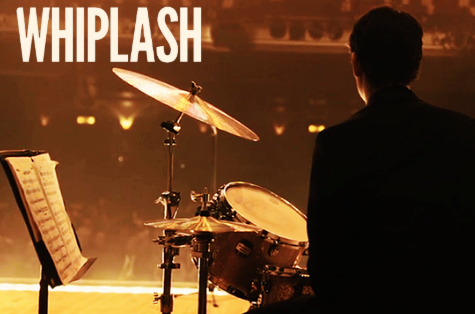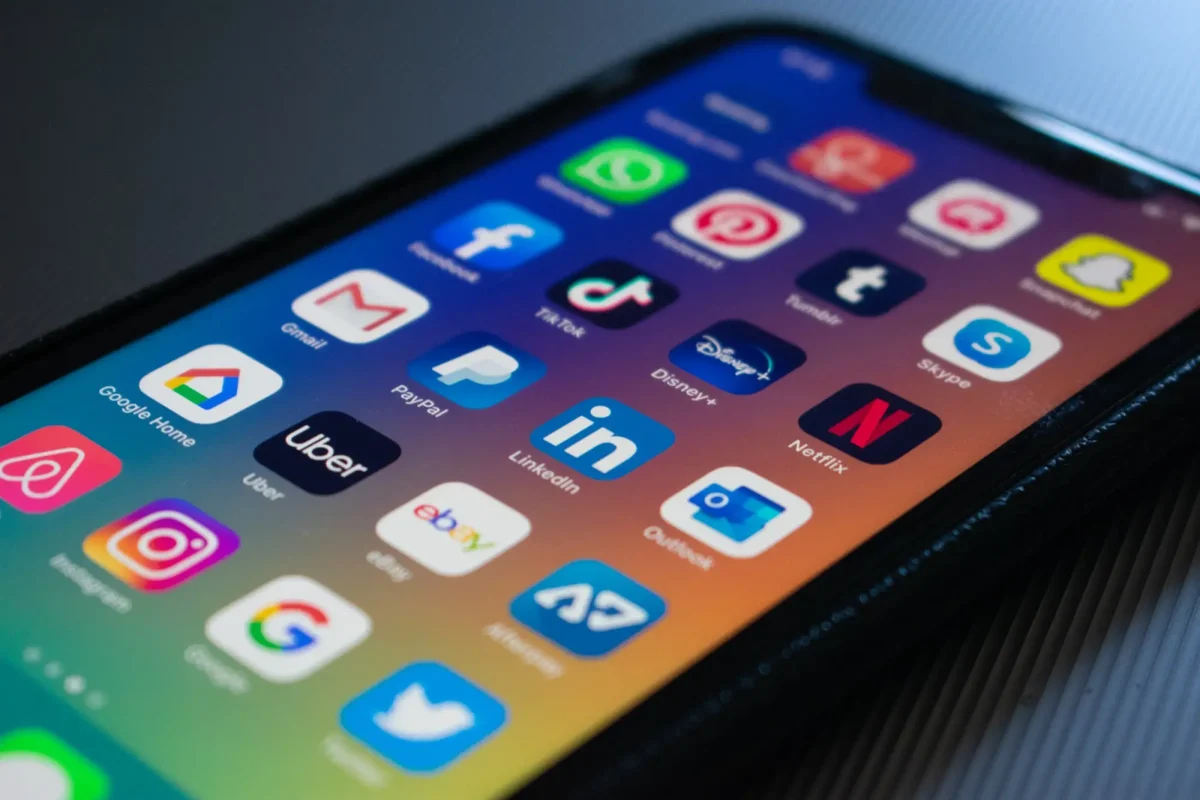Last week I opened up TikTok and saw something intriguing: A trend where users tell their audience what trends they think are good or bad (yeses and nos). Fashion dos and don’ts have been prevalent since newspaper fashion columns first came into print in 1672. However, I noticed an ugly undercurrent to this innocent-appearing trend.
The comment sections were a hot mess. The back-and-forth bullying and the at-the-throat insults were crazy to me. A debate about skinny jeans quickly turned into harassment and doxing. I hate skinny jeans as much as the next person, but aren’t clothes just clothes?
The next thing I noticed were posts made only for a certain body type. On a TikTok slideshow, for example, you might see “Tube tops- Yes if you’re skinny”. I’ve noticed with the resurgence of 2000’s fashion, the 2000’s focus on thinness is also returning. According to what Gianluca Russo said for FashionMagazine.com, “Y2K style is largely grounded in thinness, but it went beyond clothing. Models’ bodies inevitably became an asset in nailing Y2K style. The message was clear: This isn’t for plus-size bodies.” This message is obviously harmful, not only just on a surface level. The scarier part is that this message is being purveyed by teens, for teens.
Eating disorders have never been more rampant among teens, an issue inflamed by social media use. According to NBC, eating disorder-related medical visits for those under 17 jumped 129.26% from 2018 to 2022. CNET says that social media such as Instagram promotes pro-eating disorder content. The algorithm shows users these mostly harmless videos and as they interact with them, more dangerous content appears.
So for me, it’s a no for fashion yeses and nos. I wish that trends like this could remain innocuous but unfortunately, that is not the case.

